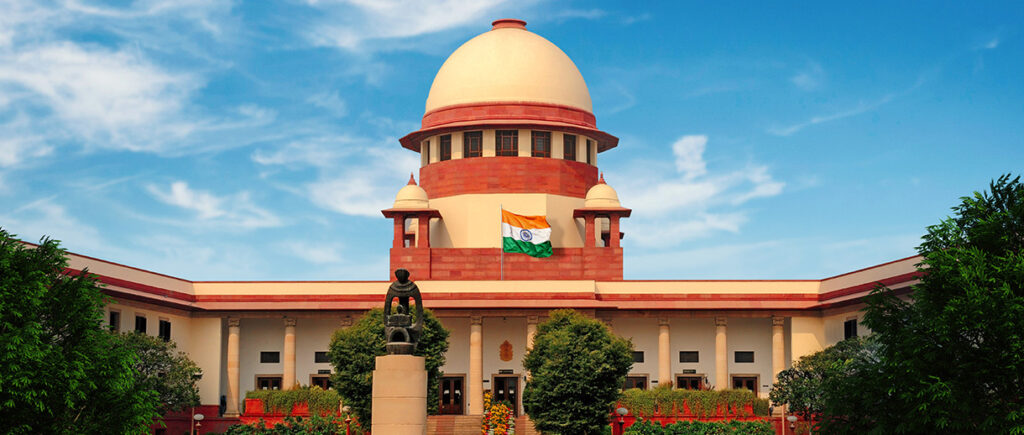Nithyakalyani Narayanan. V
On January 19th, the Supreme Court criticised how litigants frequently show little regard for the legal system and will do whatever it takes to deceive the courts. The division bench of Justice Vikram Nath and Justice Rajesh Bindal issued instructions to expedite bail applications that proceed to the appellate stages in order to avoid irregularities that can mislead the court or lead to inconsistent release orders.
The directives were given by the Supreme Court in response to a bail request made by a man who was charged with narcotics possession. The accused filed an appeal with the Supreme Court after the Orissa High Court denied his request for bail in March 2023. Remarkably, the bail applicant made a second bail request before the trial court and subsequently the Orissa High Court after the Supreme Court sent notice in his appeal.
The petitioner neglected to disclose that his appeal was still pending before the Supreme Court and that the High Court had previously denied his previous bail plea when he filed this second round of bail requests (before the trial court and the Orissa High Court). Unaware that the Supreme Court had accepted an appeal against the denial of an earlier bail application, the Orissa High Court granted the accused bail in October 2023, one month after the top court had sent notice on the appeal. The accused informed the Supreme Court on November 11, 2023, that the Orissa High Court had granted him bail.
The accused obtained the aforementioned bail decision without notifying the High Court of his previous denial of release or the fact that an appeal in the same case was still proceeding before the highest court, which startled the Supreme Court in turn. Although the Supreme Court disapproved of the bail applicant’s actions, it chose to be merciful rather than completely cancel the bail.
“In the last 40 years, the values have gone down and now a litigants can go to any extent to mislead the court. They have no respect for the truth. The principle has been evolved to meet the challenges posed by this new breed of litigants. Now it is well settled that a litigant, who attempts to pollute the stream of justice or who touches the pure fountain of justice with tainted hands, is not entitled to any relief, interim or final. Suppression of material facts from the court of law, is actually playing fraud with the court,” the Supreme Court stated.
The Supreme Court expressed regret that this situation indicates a decline in moral standards in society, potentially due to “our education system.”
The Bench underlined that advocates must behave as true officials of the court in bail matters and mandated that the following information be included in all bail petitions submitted to courts:
- Information and copies of the order(s) issued in the petitioner’s prior bail application(s), which have previously been decided.
- Information on any bail application(s) that the petitioner has filed and are pending in any court, whether it be the court below or the higher court; if none are pending, a clear declaration to that effect must be provided.
The Court emphasised the necessity of closely adhering to this approach in order to prevent disparities in bail decisions. It further stated that a report on outstanding bail requests related to the relevant crime shall be annexed by the registration office in question.
The top court stated that it is the responsibility of the investigating officers and other officials supporting the Court to inform the bench of various bail rulings pertaining to the litigants before it. It was mandated that all Chief Justices receive a copy of the ruling via the Registrar Generals of High Courts so they may make any required adjustments and take appropriate action.
The Bench had dismissed the appeal as infructuous, but the bail applicant had to pay ₹10,000 in fees. Within two months, the fees had to be deposited with the Orissa High Court’s Mediation and Conciliation Centre.
Advocates Haraprasad Sahu, Sushant Kumar Mallik and Pranaya Kumar Mohapatra represented the accused. Advocate General Ashok Parija, Senior Advocate R Basant and Advocates Prakash Ranjan Nayak, Balaram Nayak, Sibashish Misra and Chaitanya Chauhan represented the State of Odisha.
Name of the case: Kusha Duruka vs State of Odisha.
Bench: Justice Vikram Nath and Justice Rajesh Bindal.

